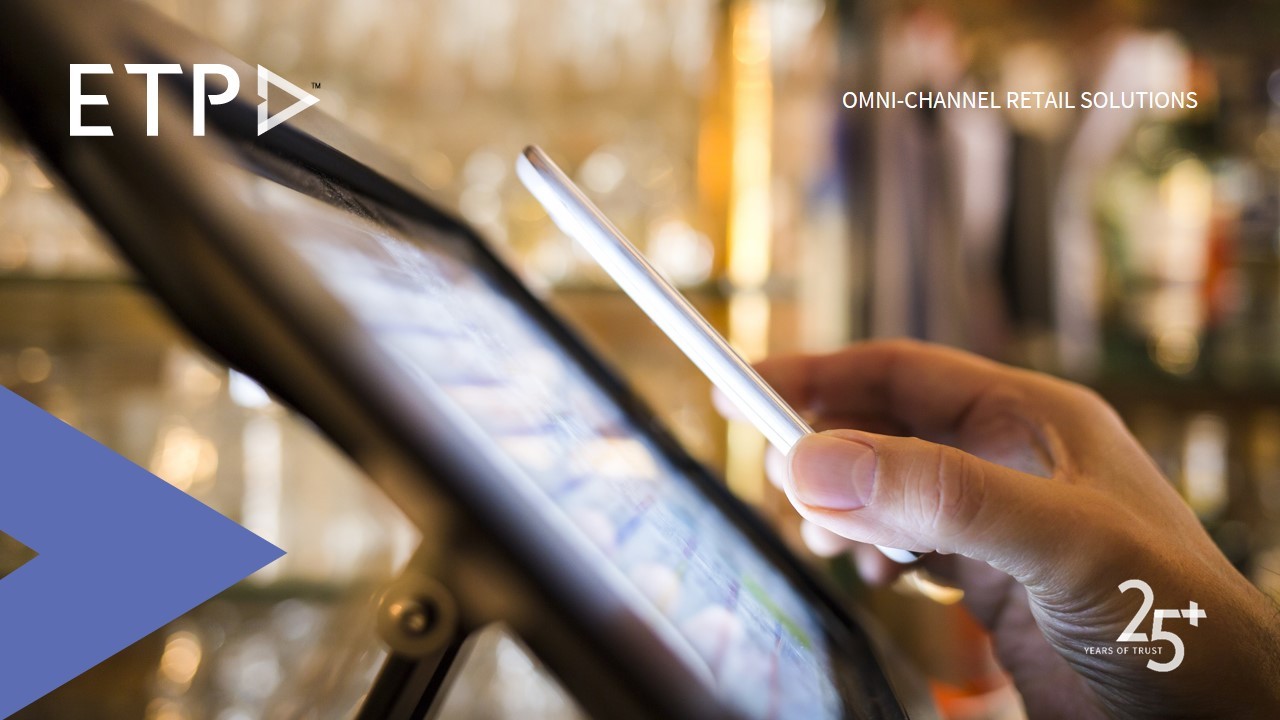
Tag: Mobile point-of-sale
Mobile Technology Redefining Retail
Recently, Flipkart – India’s leading e-commerce marketplace offering over 15 million products cross 70+ categories, announced it would convert into a mobile app-only format within the year. Flipkart’s mobile traffic was at 6% a year ago, but it has increased more than 10 Times since then. The move makes sense as India is the third-largest internet market in the world with more than 243 million users, trailing China and the US in that order. Boston Consulting Group expects more than 580 million people in India to use the internet by 2018, 70-80% of them accessing the web on mobile phones.
Mobile technology has brewed exponential change in retail operations. We dive deeper into the main and most successful components of the same:
Mobile Point Of Sale (mPOS) technology has removed physical limitations on a sale check-out and created more in-store floor space. mPOS technology empowers the in-store staff to use wireless, intuitive mobile and tablet applications to accept payments on the spot. For example, the ETP MobileStore MPOS application integrates in-store item record, customer data, sales person information, product barcodes and multiple payment transactions with electronic invoice capability. This enables features like queue busting, mobile CRM, easy customer/inventory lookup, price check, quick customer service, customer registrations and promotions gratification. mPOS reduces walk-outs and reverses the trend of small basket check-outs through up/cross selling, based on personalized customer profile and secure, faster modes of payments.
Beacon is a hardware technology of nominal cost and it is small enough to be installed anywhere in the store. This battery-friendly device uses Bluetooth to transmit messages or prompts to smartphones and tablets around the store location. With the requisite permissions, beacons integrate with the company’s analytics software and access the customer’s buying history. The messages can be targeted according to past sales, current customer location, average time spent in the store, and more. It seamlessly combines the data captured from both online and physical store, directing online preferences to the retail store. According to customer research, 63% of respondents can be persuaded to enter a store by a push notification sent to their smart device via beacon technology.
The mobilization of shopping with m-commerce has grown exponentially across the world due to the swift adoption of smart mobile devices. The unique selling point remains the convenience of shopping anywhere, any time with multiple payment options. Big data analytics has helped retailers fuel their mobile marketing strategies through data-driven insights. It has helped brands reach consumers who cannot access conventional retail touch-points.
Macy’s became the Retailer of the Year 2014 by embracing image recognition, beacons, mobile wallets and event-driven mobile commerce, bringing added convenience and excitement to the shopping experience in a way few other retailers can match. Mobile technology would continue to thrive, develop and stimulate retail transformations that evolve the customer experience. In the near future, models like social media retail, virtual showrooms and 3D printed customization are going to head the next stage of change.

